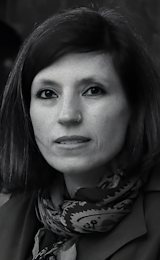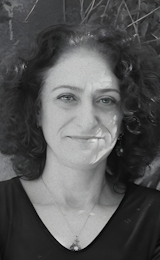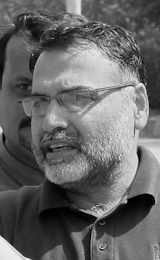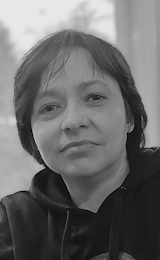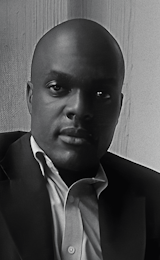Activist
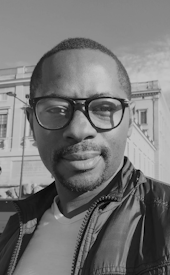
- CountryCameroon
I have been arrested two times. The first time was in 2006, when I was reporting on student protests at the University of Buea in Cameroon. Back then, I worked as a correspondent for Equinox Radio and Television and Eden Newspaper. Together with six colleague journalists from different media organisations, we recorded how students protested against the abolition of the $100 tuition fee and for better study conditions.
Soon after, we were all surrounded by about 20 masked anti-riot policemen. They pushed us into their police van and took us to the Mobile Intervention Unit (GMI) headquarters in Buea. Fortunately, the news of our arrest had spread, causing our colleagues, the mayor and other local authorities to intervene. Eventually, the police set a condition for our release: handing over all our equipment. They confiscated our cameras, deleted all recordings and photos and took away my notebook.
The second incident took place on the first of October in 2011, when I reported on the arrest of alleged independentists, activists and nationalists of the Southern Cameroons National Council (SCNC). These SCNC activists pleaded for greater autonomy for Cameroon's Anglophone minority population.
While the activists were detained at the GMI office in a heavily guarded garage, I went to their leader's house in the hope of speaking to him. There, I was confronted with aggressive policemen who, after confiscating my press card and national identity card, physically assaulted me. Through the crowds of locals I managed to escape but I had lost my identity card and press card. After the incident, I identified the police officers responsible for my assault. I even took them to the court in Buea. However, my lawyer became too scared to handle the case due to pressure from local authorities to drop it. These challenges changed my work. Both I and the people around me were targeted by the government. It eventually forced me to go into exile. My story shows the state of press freedom in Cameroon and how the top can determine what story is and is not told.
"Highlighting censorship on a global scale is crucial because journalists play a vital role in ensuring justice and promoting equality in society. Imposing (self)censorship on journalists will block public access to information that is needed to make well-considered decisions. My aim is to show everyone that giving up is not an option. As journalists, it is our duty to hold those in power accountable. I encourage our colleagues in prison to keep brave. Those of us who are free will continue to advocate for their release."
—Solomon Amabo
Next story
Journalist can’t be erased if the world hears about them.
Help us by spreading this cause if you are an individual or organisation .
